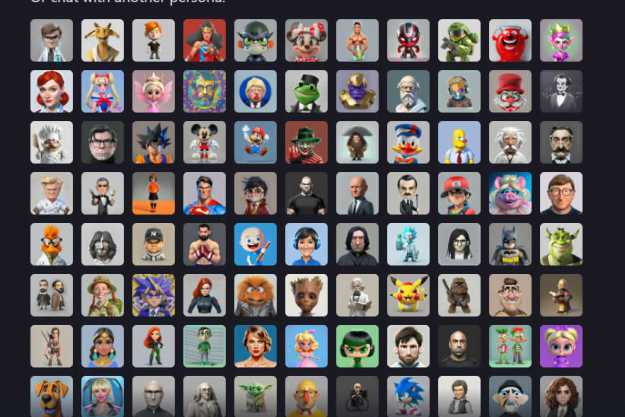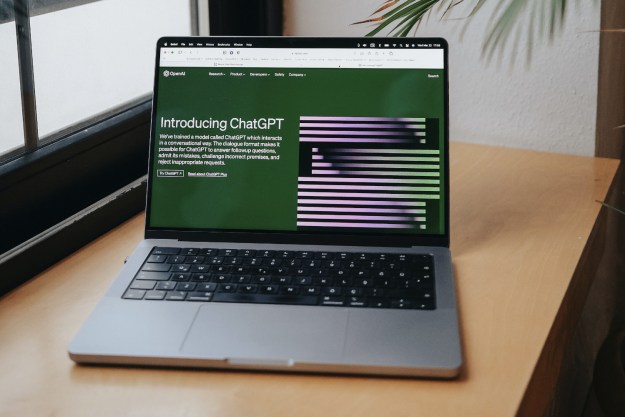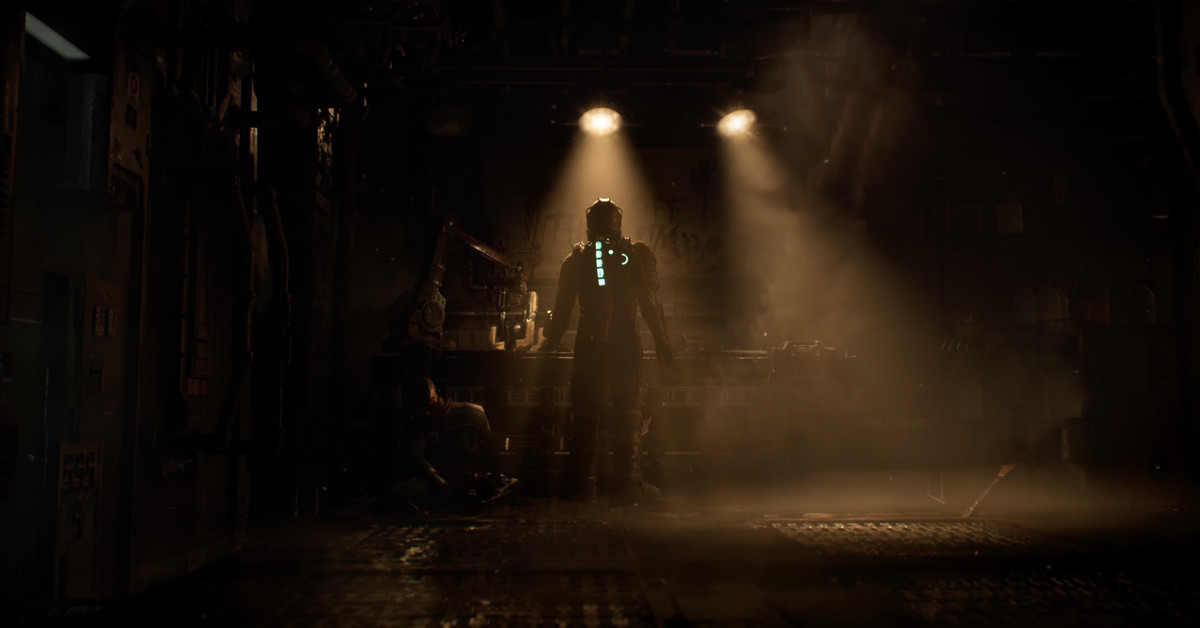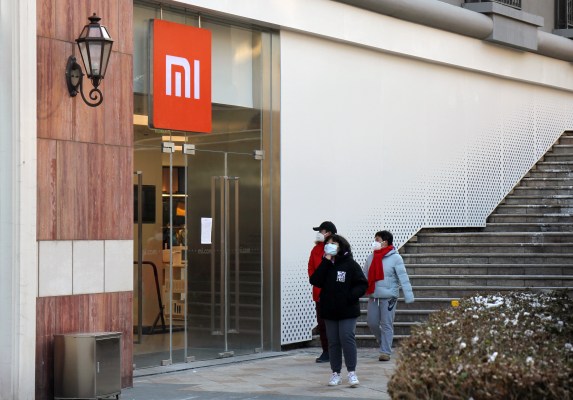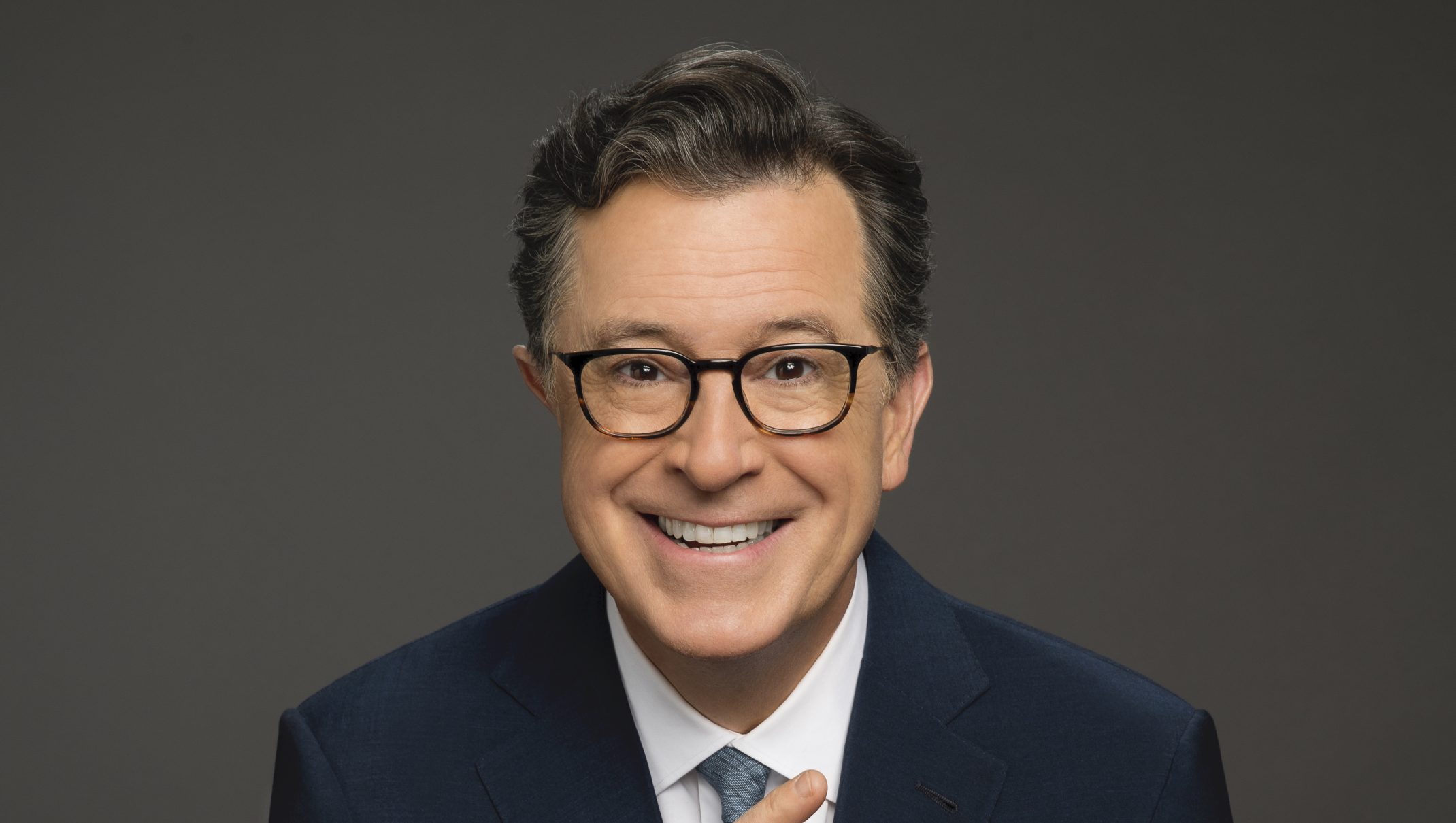Protect public from AI risks, White House tells tech giants
Vice President Kamala Harris has told tech leaders they must act responsibly to ensure the safety and security of the new wave of generative-AI tools.
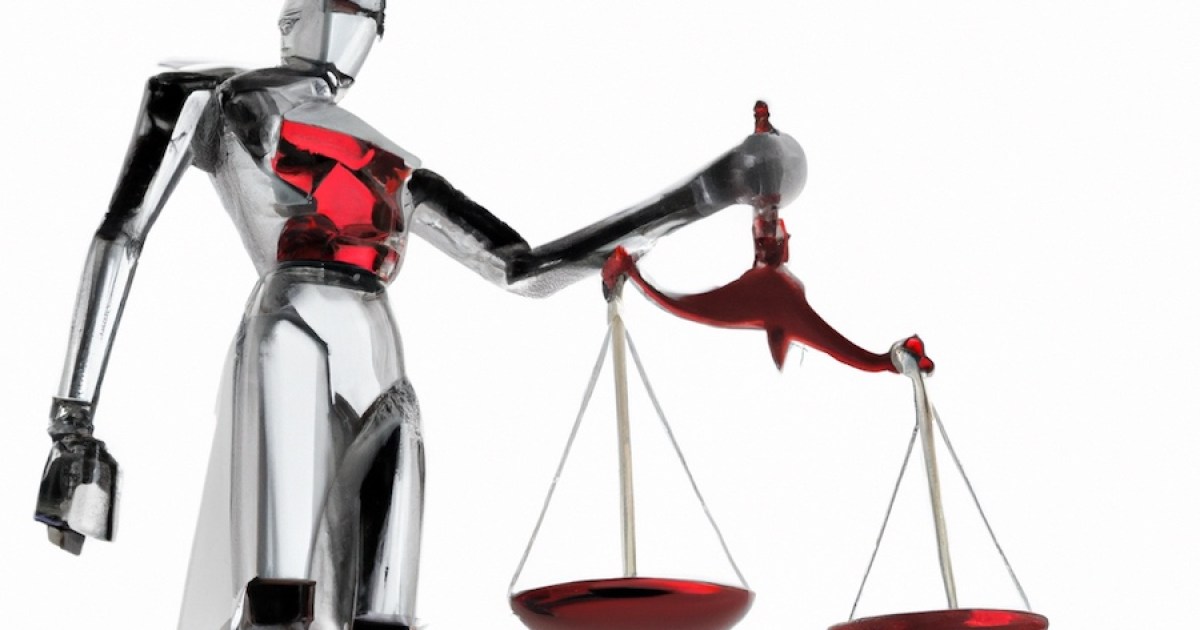
At a meeting of prominent tech leaders at the White House on Thursday, vice president Kamala Harris reminded attendees that they have an “ethical, moral, and legal responsibility to ensure the safety and security” of the new wave of generative AI tools that have gained huge attention in recent months.
The meeting is part of a wider effort to engage with advocates, companies, researchers, civil rights organizations, not-for-profit organizations, communities, international partners, and others on important AI issues, the White House said.
Harris and other officials told the leaders of Google, Microsoft, Anthropic, and OpenAI — the company behind the ChatGPT chatbot — that the tech giants must comply with existing laws to protect the American people from misuse of the new wave of AI products. New regulations for generative AI are expected to come into force before too long, but the level to which they restrict the technology will depend to some extent on how the companies deploy their AI technologies going forward.
Also on Thursday, the White House shared a document outlining new measures designed to promote responsible AI innovation. Action includes $140 million in funding for seven new National AI Research Institutes, bringing the total number of such institutes to 25 across the U.S.
Advanced chatbots like ChatGPT and Google’s Bard respond to text prompts and are capable of responding in a very human-like way. They can already perform a wide range of tasks very impressively, such as writing presentations and stories, summarizing information, and even writing computer code.
But with tech firms racing to put their chatbot technology front and center by integrating it into existing online tools, there are fears over the long-term implications of the technology for wider society, such as how it will impact the workplace or lead to new types of criminal activity. There are even concerns about how the technology, if it’s allowed to develop unchecked, could be a threat to humanity itself.
OpenAI chief Sam Altman said in March that he’s a “little bit scared” of the potential effects of AI, while a recent letter published by AI experts and others in the tech industry called for a six-month pause in generative-AI development to allow time for the creation of shared safety protocols.
And just this week, Geoffrey Hinton, the man widely considered the “godfather of AI” for his pioneering work in the field, quit his post at Google so that he could speak more freely about his concerns regarding the technology. The 75-year-old engineer said that as tech firms are releasing their AI tools for public use without being fully aware of their potential, it’s “hard to see how you can prevent the bad actors from using it for bad things.”
Even more alarmingly, in a recent CBS interview in which he was asked about the likelihood of AI “wiping out humanity,” Hinton responded: “That’s not inconceivable.”
But it should also be noted that most of those voicing concerns also believe that if handled responsibly, the technology could have great benefits for many parts of society, including, for example, health care, which would lead to better outcomes for patients.
Editors' Recommendations
Best apps to use GPT-4 Meta issues warning to look out for ChatGPT-related scams Microsoft has a new way to keep ChatGPT ethical, but will it work? MiniGPT-4: A free image-to-text AI tool you can try out today Meta to introduce AI agents to ‘billions of people’![]()
Not so many moons ago, Trevor moved from one tea-loving island nation that drives on the left (Britain) to another (Japan)…
ChatGPT: How to use the AI chatbot that’s changing everything
ChatGPT has continued to dazzle the internet with AI-generated content, morphing from a novel chatbot into a piece of technology that is driving the next era of technological innovation. Not everyone's on board yet, though, and you're probably wondering: What's all the fuss about?
Made by OpenAI, well-known for having developed the text-to-image generator DALL-E, it's currently available for anyone to try out for free. Here's what ChatGPT is, how to use it, and how it could change the future of the internet.
Why pay for GPT-4? This AI tool gives it to you for free, plus more
An AI company you've probably never heard of just launched an advanced chatbot that provides free access to OpenAI's GPT-4 and lets you save and share conversations, generate images, and more.
Forefront AI announced the new service via a tweet that contains video demonstrations of the various features. Barsee, a well-known AI enthusiast, amplified the message with a tweet that led to a surge in traffic.
ChatGPT gets a private mode for secret AI chats. Here’s how to use it
OpenAI just launched a new feature that makes it possible to disable your chat history when using ChatGPT, allowing you to keep your conversations more private.
Previously, every new chat would appear in a sidebar to the left, making it easy for anyone nearby to get a quick summary of how you've been using the AI for fun, schoolwork, or productivity. This can prove problematic when you're discussing something you want to keep secret.

 ValVades
ValVades 
